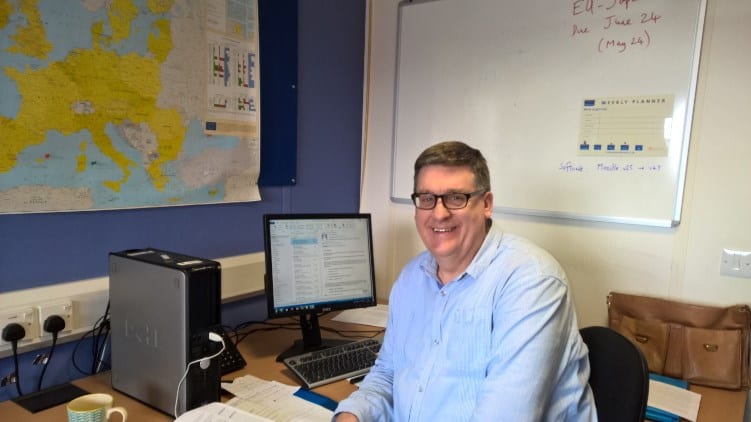CaHRU led study of prehospital hypoglycaemia features in NIHR alert

A study which investigated the effects of an information booklet-based intervention, ‘Hypos can strike twice’, on recurrent hypoglycaemic attendances by ambulance services (Ambu-HS2) features in the latest NIHR alert She was invited to present at the ACPIC as the winner of the Highest Quality Research Continue reading CaHRU led study of prehospital hypoglycaemia features in NIHR alert




